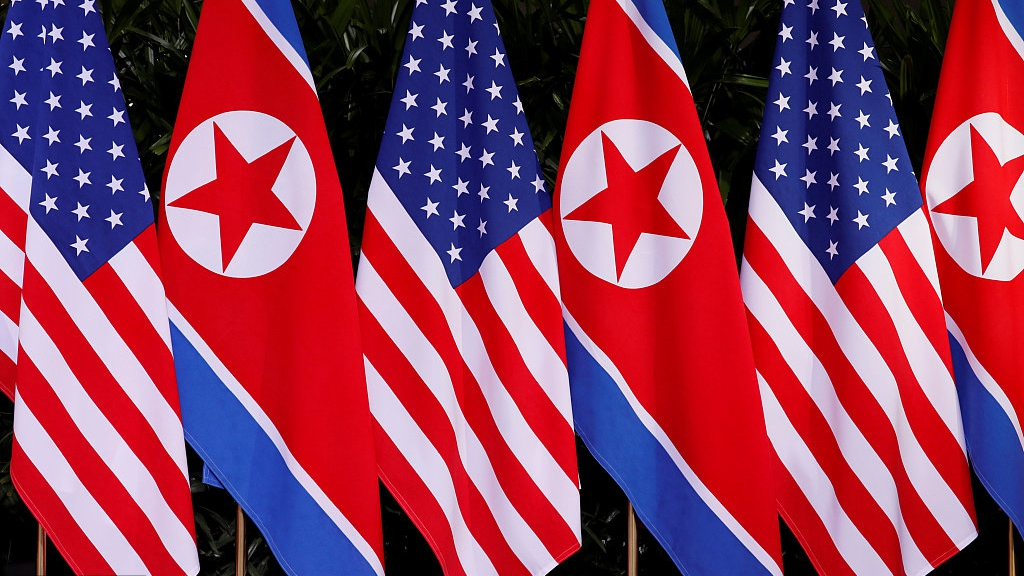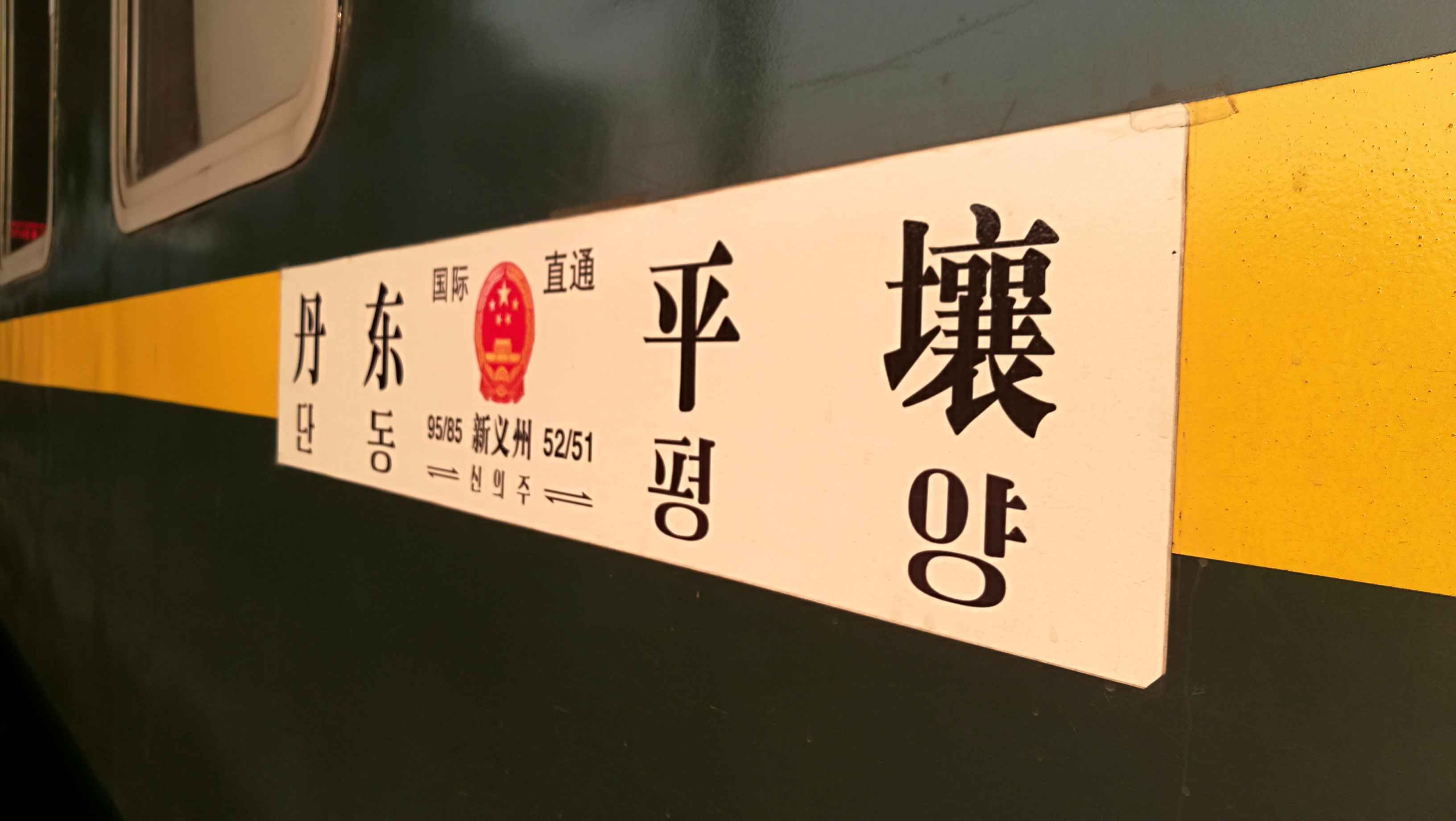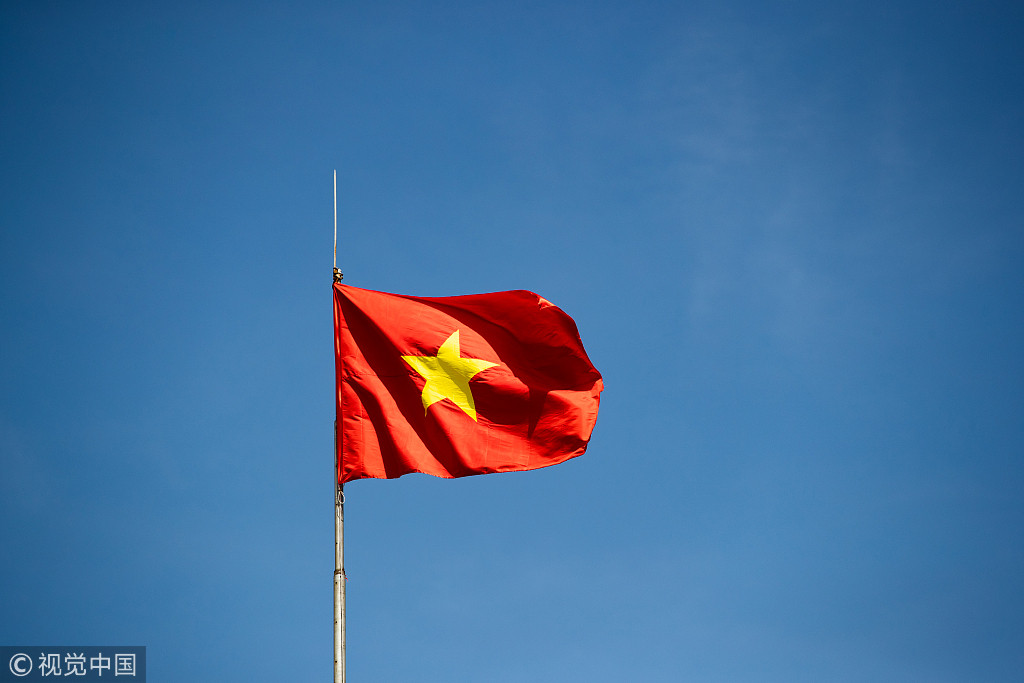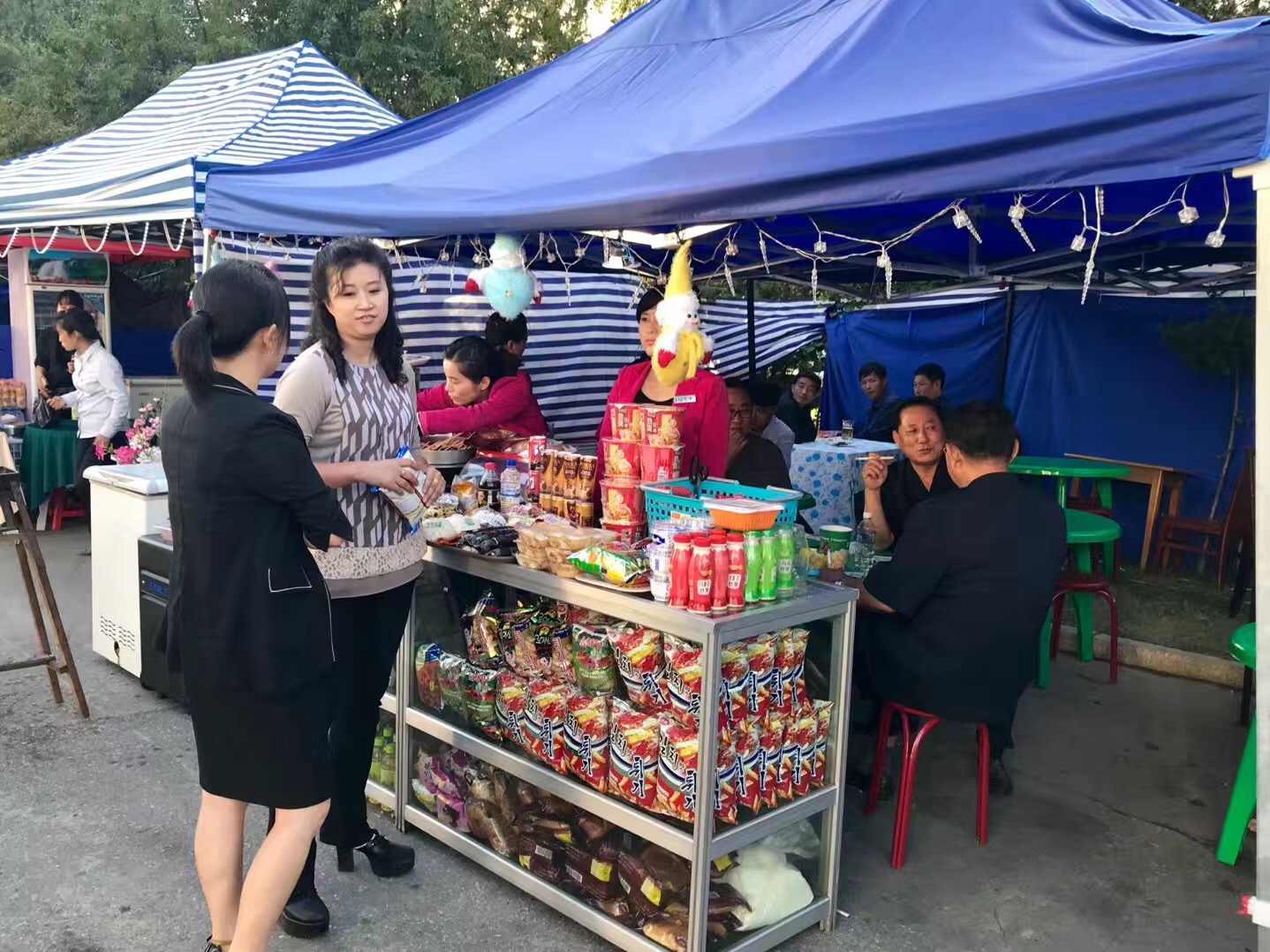
Perspective
08:06, 17-Feb-2019
Inside DPRK: Does Pyongyang buy the U.S.-proposed 'Vietnam example'?
Updated
09:57, 17-Feb-2019
Shen Shiwei

Editor's note: Shen Shiwei is a research fellow at the Charhar Institute and former government relations and investment consultant for Chinese enterprises overseas. This article is based on his recent visit to the DPRK. The article reflects the author's opinion, and not necessarily the views of CGTN.
Hanoi, Vietnam is attracting global attention as the second Trump-Kim summit approaches.
Last week's three-day official visit to Pyongyang by Vietnam's Foreign Minister Pham Binh Minh, who doubles as deputy prime minister, and the possibility of a state visit to Vietnam by Democratic People's Republic of Korea (DPRK) leader Kim Jong Un have raised debate over the possibility of the DPRK following the “Vietnam example” proposed by U.S. Secretary of State Mike Pompeo during his visit to Hanoi last July.
During my recent visit to the DPRK, it was clear that changes are happening as spring draws near. Also, we could figure out what is behind Washington's “Vietnam Model” proposal from Pyongyang's perspective.
Will the "Vietnam example" reshape U.S.-DPRK relations from foes to partners?
Last July, Pompeo urged the DPRK to follow the example of Vietnam, saying President Donald Trump believed Pyongyang could replicate Hanoi's path to normal relations with Washington and to prosperity. Pompeo said he hoped the U.S. could one day share the same level of partnership with the DPRK as it did with Vietnam, a long-time former enemy.
Apparently, there is no specific definition of the “Vietnam example.” As Pompeo's speech said, the DPRK should follow Vietnamese-style democratization and market liberalization and forge a partnership with the U.S. serves as core content.

The label shows the Chinese train that travels between the Chinese border city of Dandong and the DPRK's capital city Pyongyang. January 2019. /Shen Shiwei Photo
The label shows the Chinese train that travels between the Chinese border city of Dandong and the DPRK's capital city Pyongyang. January 2019. /Shen Shiwei Photo
But does Pyongyang buy this proposal? Let's look at Vietnam's experience with the U.S. first.
In 2015, Nguyen Phu Trong, the general secretary of the Communist Party of Vietnam Central Committee (CPVCC) made a historic visit to the U.S. and became the first Vietnam Communist Party chief to visit the U.S.
Vietnam has always urged the U.S. to stop its "peaceful evolution" on its socialist political system and abandon its hostile policies. Therefore, “respect for each other's political system and territorial sovereignty” has become an integral part of many of their joint communiques and statements.
Back in 2013, Vietnam President Trương Tấn Sang paid a visit to the U.S. to forge a comprehensive cooperation partnership. However, Washington marked this partnership by passing a bill on Vietnamese human rights later that criticized Hanoi severely.
Moreover, the U.S. financed and supported Việt Tân or the Vietnam Reform Revolutionary Party with “democracy” as an excuse while aiming at overthrowing the Communist Party of Vietnam's rule and supporting anti-China nationalism. The Vietnamese government legally defined it as "a terrorist force" while the U.S. government, most notably former U.S. Ambassador Michael Michalak, rejected this view.
It seems the “Vietnam example” is kind of Hanoi keeping alert on Washington's political intentions.

The national flag of Vietnam. /VCG Photo
The national flag of Vietnam. /VCG Photo
“You find authoritarianism, you find a one-party government, and we don't – and that's, obviously, that's not our choice. But change is taking place," said U.S. Secretary of State John Kerry in 2016. Later in the same year, he said: "And the Fulbright Program has been one of the real transitional vehicles, if you will – catalysts – in Vietnam."
Since Vietnam and the U.S. established diplomatic ties in 1995, Washington's continuing “peaceful evolution” towards Vietnam has severely undermined bilateral ties.
Will Vietnam's model of development be a blueprint for Pyongyang to emulate?
By "Doi Moi," or "opening doors" reforms, Vietnam is now expanding at an average rate of roughly seven percent. DPRK's Foreign Minister Ri Yong Ho visited Hanoi last November, exploring economic reform options at industrial zones including the Vietnamese model of development.
But my site visit in DPRK shows a fundamental difference of economic systems between Vietnam and DPRK. Pyongyang could learn from experience instead of copying the development model.
The Vietnamese economy heavily depends on foreign investment and export manufacturing. Also, Hanoi is very active in privatizing many of its state-owned enterprises. According to the Vietnamese government 2017-2020 SOEs privatization plan, 64.457 trillion Vietnamese Dong, around 2.84 billion U.S. dollars, will be pulled out from 436 SOEs. In the 11th National Congress of the Communist Party of Vietnam, descriptions like “public ownership is the foundation of production materials” were deleted from socialist characteristics.

A vendor's stall in Pyongyang, DPRK. September 2018. /Shen Shiwei Photo.
A vendor's stall in Pyongyang, DPRK. September 2018. /Shen Shiwei Photo.
Vietnam's bold move doesn't suit Kim's promise to improve domestic development since coming to power in late 2011. But some other reforms could be a good example.
During my visit to DPRK, markets under supervision are gradually expanding, small traders can be seen on the streets, and more consumer service-like restaurants and shops are appearing. It seems some decentralized economic policies and management in recent years have yielded good results.
In 2014, Kim introduced measures to reduce farm sizes and allow some production for household use and sale in markets. Since 2016, DPRK reforms have been expanded and greater emphasis has been placed on more decentralized decision-making.
At present, the DPRK's top diplomatic priority is to safeguard its security. Moreover, securing a better international environment especially loosens some sanctions and denuclearization negotiations are also on the agenda.
As my recent visit showed, the debate outside over whether Pyongyang will follow the “Vietnam example” was influenced by Pompeo's promotion and some unconfirmed reports on Pyongyang's thinking. However, we should not forget that DPRK leader Kim Jong Un has emphasized many times that he wants to learn from China's reform and opening-up.
The DPRK's situations are extremely special and any major policy adjustments will have a huge impact. For sure, Pyongyang can learn experiences from many countries, including Vietnam, in improving its economy. However, acting as a bargaining chip for the U.S. to balance other countries via the "Vietnam example" will be risky and doesn't meet the DPRK's national strategy and interest.
(If you want to contribute and have specific expertise, please contact us at opinions@cgtn.com.)

SITEMAP
Copyright © 2018 CGTN. Beijing ICP prepared NO.16065310-3
Copyright © 2018 CGTN. Beijing ICP prepared NO.16065310-3